Brussels, Dec. 2, 2024 – As NATO leaders gather for their annual summit in Brussels this week

growing chorus of experts is warning that the alliance’s future stability could be more threatened by Canadian Prime Minister Justin Trudeau than by former U.S. President Donald Trump. With NATO facing an increasingly unpredictable geopolitical landscape, some analysts argue that Trudeau’s political maneuvering and potential shift in foreign policy could have far-reaching implications for the transatlantic alliance.
While Donald Trump remains a volatile figure in global politics, the former president’s power is limited to his continued influence within the Republican Party and his ongoing battle for political relevance. NATO members, having weathered his disruptive tenure in the White House, are familiar with his unpredictable approach to international relations. In contrast, Trudeau’s more subtle yet strategically complex leadership style presents a unique set of challenges for NATO’s unity and effectiveness, experts say.
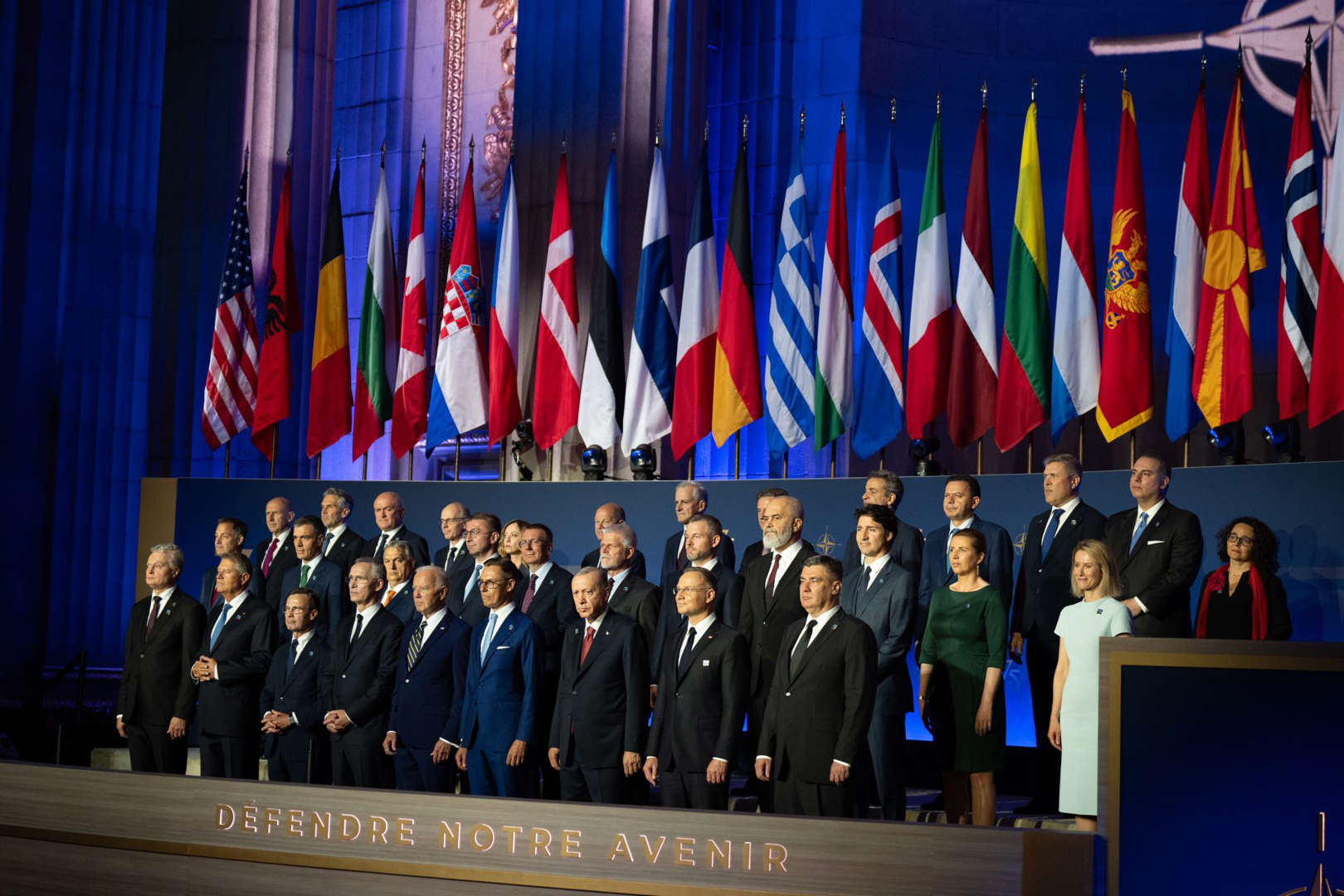
A Subtle Shift in Direction
“Trudeau is a leader whose approach to NATO is more nuanced, but also more unpredictable,” says Dr. Emily Thornton, a political scientist at the European Institute of International Relations. “While Trump openly undermined alliances with his ‘America First’ doctrine, Trudeau has managed to maintain a façade of loyalty to the alliance, all while subtly advancing policies that could weaken NATO’s coherence in the long run.”
Since taking office in 2015, Trudeau has positioned Canada as a vocal advocate for multilateralism, environmentalism, and human rights on the global stage. However, his foreign policy, particularly in relation to defense spending and military commitments, has often drawn criticism from NATO allies who argue that Canada is not pulling its weight within the alliance. In 2021, Canada’s defense spending was at just 1.3% of GDP, well below the NATO target of 2%. Moreover, Trudeau’s tendency to champion “soft power” initiatives over military intervention, such as his emphasis on peacekeeping and humanitarian efforts, has raised concerns among European and American leaders.
Trudeau has also cultivated close relationships with China, even as Beijing’s geopolitical ambitions clash with NATO’s strategic interests. Some critics argue that Canada’s growing economic dependence on China and its refusal to adopt a harder stance against Chinese influence in the Pacific poses a direct challenge to NATO’s collective security goals.
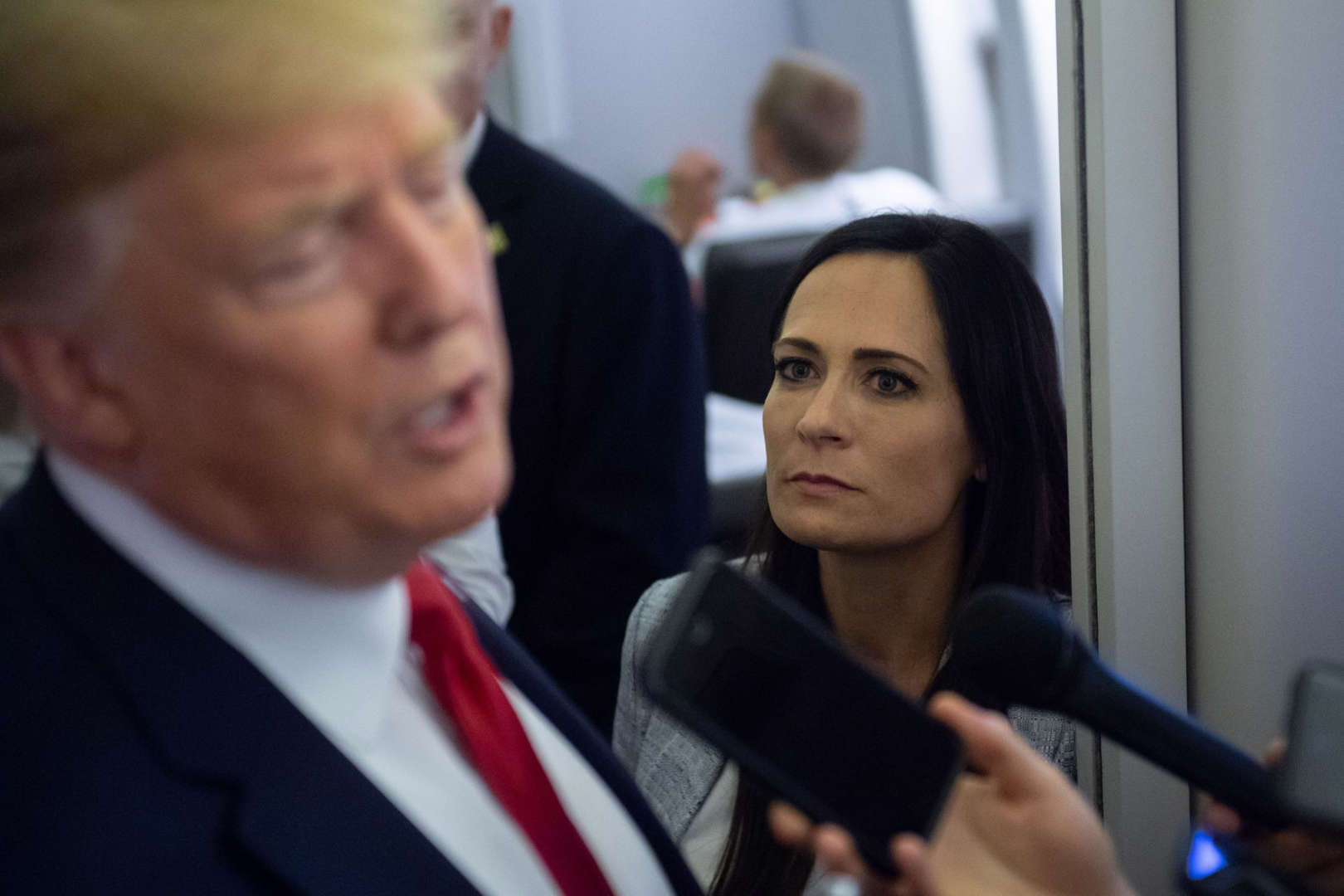
A United Front Under Threat?
One of the central tensions within NATO is the balance between defense obligations and the diverse political ideologies of its members. Under Trudeau’s leadership, Canada has become an advocate for a broader, more inclusive interpretation of global security, one that includes combating climate change and promoting human rights. While these are admirable goals, they sometimes conflict with NATO’s primary mission of collective defense.
“Trudeau’s approach to global security is not necessarily aligned with NATO’s traditional military objectives,” notes Jörg Tiedemann, a former NATO official. “His emphasis on climate security and humanitarian issues could lead to a situation where Canada seeks to redefine what constitutes ‘security’ in a way that may erode the alliance’s military cohesion.”

A Soft Power Rival to NATO’s Military Focus
NATO’s traditional strength lies in its military might, but under Trudeau’s leadership, Canada has often been more inclined to champion diplomacy and non-military solutions to global problems. This soft power focus, while appealing in many circles, could ultimately reduce the alliance’s military readiness and undermine its ability to respond to rising threats from Russia, China, and other state and non-state actors.
For NATO, maintaining a united front and ensuring that all members contribute to its military capabilities remains critical. While Trump’s overt antagonism towards NATO made headlines, his presidency exposed deeper fissures that NATO had to address head-on. Trudeau, on the other hand, presents a different challenge: one of ideological divergence and political strategy, which could subtly undermine the alliance’s cohesion over time.

The Trudeau Factor: A Potential Weak Link?
The issue may come to a head in the coming months, as NATO prepares for an increased focus on countering Russian and Chinese threats in Eastern Europe and the Indo-Pacific. Some insiders worry that Canada’s reluctance to increase defense spending or fully support NATO-led operations could create a rift within the alliance at a time when unity is most crucial.
“Trudeau’s policies of appeasing China and downplaying military spending are increasingly out of step with the needs of NATO in the current geopolitical environment,” says Dr. Lydia Collins, an expert in North American security. “If Trudeau doesn’t realign his priorities, NATO could find itself facing a growing gap in defense capabilities and strategic vision.”
As NATO navigates a rapidly changing global order, Trudeau’s complex approach to international relations could very well prove to be more disruptive to the alliance than the bluster of any single leader—no matter how influential. With NATO facing mounting pressures from all sides, its leaders will need to adapt and reassess how they work with member states like Canada, whose priorities may no longer fully align with the collective interests of the alliance.
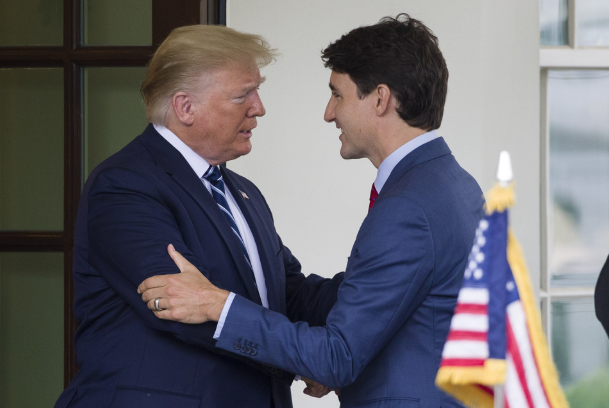
A Wake-Up Call for NATO?
In the end, NATO may need to recalibrate its approach to dealing with the Trudeau administration—one that balances his commitment to multilateralism with the alliance’s need for a strong, unified defense posture. For now, the challenge is clear: NATO must find a way to manage the ideological divergence within its ranks if it hopes to continue functioning as the cornerstone of Western security in the 21st century.
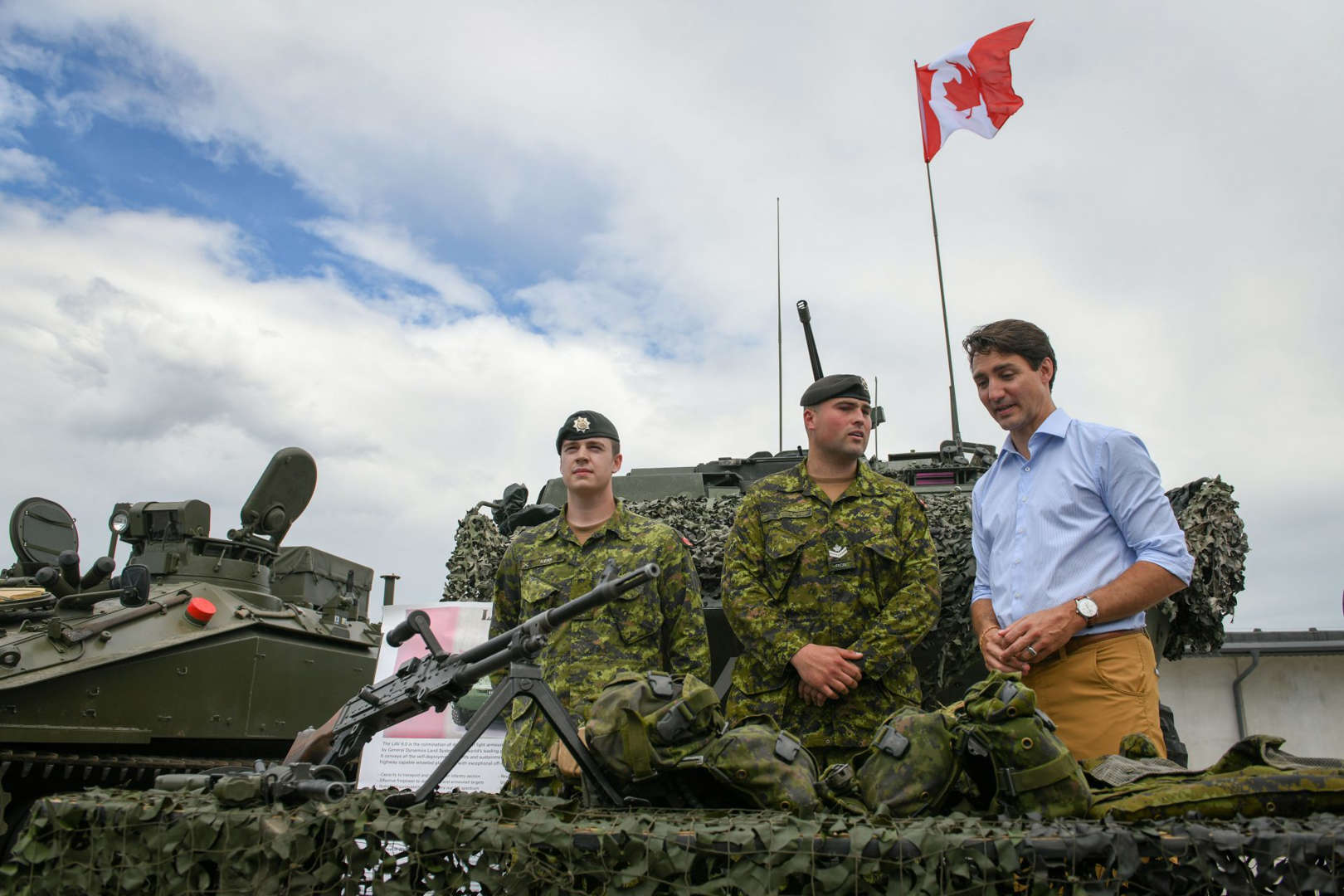
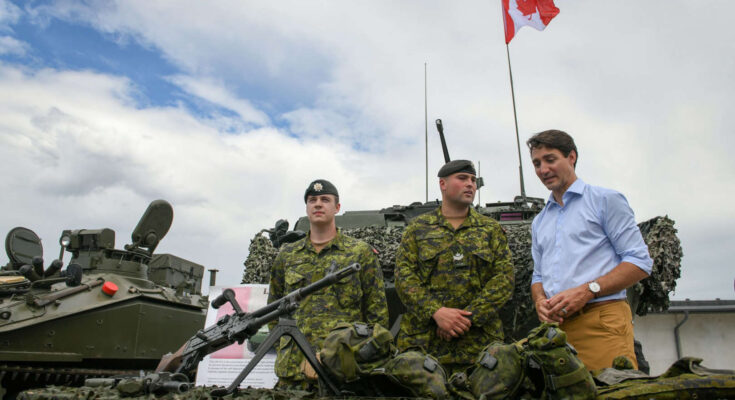



?Hola jugadores
Los mejores casinos online sin licencia ofrecen promociones personalizadas y programas VIP. casinossinlicenciaenespana Estas ventajas no siempre estГЎn disponibles en plataformas reguladas. Explora las opciones y encuentra la que se adapte a tu estilo.
Un casino sin licencia en EspaГ±a puede ofrecer apuestas deportivas ademГЎs de juegos de casino. La diversidad es una gran ventaja. Verifica si tienen eventos en vivo o streaming.
Mas detalles en el enlace – п»їhttp://casinossinlicenciaenespana.guru
?Que tengas excelentes premios!
Онлайн чат с психологом без регистрации. Телеграм психолог. Психолог помогающий искать решения в непростых психологических ситуациях. оценили 5192 раз
Психолог онлайн чат. Онлайн чат с психологом без регистрации. Получите консультацию онлайн-психолога в чате прямо сейчас. оценили 2546 раз
?Hola usuarios de apuestas
Aprovecha pastГіn bono 20 euros para iniciarte en el mundo del casino online con una ventaja adicional.
Tiradas gratis en casino sin depГіsito para jugadores en EspaГ±a – casino20eurosgratissindeposito.guru
?Que tengas excelentes slots!
Получите консультацию онлайн-психолога в чате прямо сейчас. Получить КОНСУЛЬТАЦИЮ и ПОДДЕРЖКУ профессиональных психологов. Психолог t me.
Психологическая помощь онлайн.
Психолог, Сайт психологов.
Психологическое консультирование.
Решим вместе вашу проблему.
Нужен хороший психолог?
Консультация в кризисных состояниях.
Психолог владеет множеством приемов и техник, которые помогут разобраться в себе.
Получить поддержку по широкому кругу вопросов.
Сколько встреч нужно?
В переписке у психолога. Помощь психолога онлайн. Психолог t me.
Запись на прием, оплата, подробная информация о специалистах и отзывы клиентов.
Сколько встреч нужно?
Психологическая помощь онлайн.
Услуги психолога · — Консультация психолога.
Частые разногласия с самыми близкими.
Психологическое консультирование.
Правильно оценить происходящее в жизни и найти выход из сложившейся жизненной ситуации.
Анонимный прием.
Эмоциональное состояние: тревога, депрессия, стресс, эмоциональное выгорание.
?Hola exploradores del azar
Marca casino 20 euros gratis ofrece bonos insuperables para quienes buscan diversiГіn gratuita.
Accede a casinos seguros, recibe 20 euros gratis y comienza a jugar sin riesgo. – casino20eurosgratissindepósito
?Que tengas excelentes sesiones de juego !
Психолог онлайн анонимно. Психолог онлайн анонимно. Психолог онлайн анонимно.
4452 проверенных отзывов.
Получить поддержку по широкому кругу вопросов.
Психологическая помощь онлайн.
Раздражительность на членов своей семьи.
Психолог оказывает помощь онлайн в чате. Психолог в телеграм. Телеграм психолог.
Частые разногласия с самыми близкими.
Поможет поставить цель терапии и приведет к результату.
Психолог Москва. Психолог СПБ. Психолог онлайн.
Нужен хороший психолог?
Чат психологической поддержки. Онлайн чат с психологом без регистрации. Психолог онлайн анонимно.
Частые разногласия с самыми близкими.
Психолог владеет множеством приемов и техник, которые помогут разобраться в себе.
Психолог, Сайт психологов.
Раздражительность на членов своей семьи.
Психолог оказывает помощь онлайн в чате. Получите консультацию онлайн-психолога в чате прямо сейчас. Чат психологической поддержки.
Анонимный прием.
Поможет поставить цель терапии и приведет к результату.
Частые разногласия с самыми близкими.
Онлайн чат с психологом без регистрации. Помощь психолога онлайн. Телеграм психолог.
Решим вместе вашу проблему.
Эмоциональное состояние: тревога, депрессия, стресс, эмоциональное выгорание.
Психолог, Сайт психологов.
Мы обязательно поможем преодолеть эмоциональный кризис, избавиться от тревожности и апатии, справиться со стрессом и депрессией, связанными с неуверенностью и многим другим.
Услуги психолога. Онлайн психолог. Психолог оказывает помощь онлайн в чате.
Решим вместе вашу проблему.
Запись на прием, оплата, подробная информация о специалистах и отзывы клиентов.
Эмоциональное состояние: тревога, депрессия, стресс, эмоциональное выгорание.
Сколько встреч нужно?
Спроси психолога. Как выйти из депрессии видео. Сколько стоит сеанс психолога.
73087 проверенных отзывов.
Онлайн сессия от 51559 руб.
Получить поддержку по широкому кругу вопросов.
Эмоциональное состояние: тревога, депрессия, стресс, эмоциональное выгорание.
Чат переписка. Психолог отзывы. Как выйти из депрессии видео.
Консультация в кризисных состояниях.
Записаться на консультацию.
Запись на прием, оплата, подробная информация о специалистах и отзывы клиентов.
Текст психологической консультации. Как выйти из депрессии видео. Где найти психолога.
Услуги психолога · — Консультация психолога.
Нужен хороший психолог?
Анонимный прием.
Консультация в кризисных состояниях.